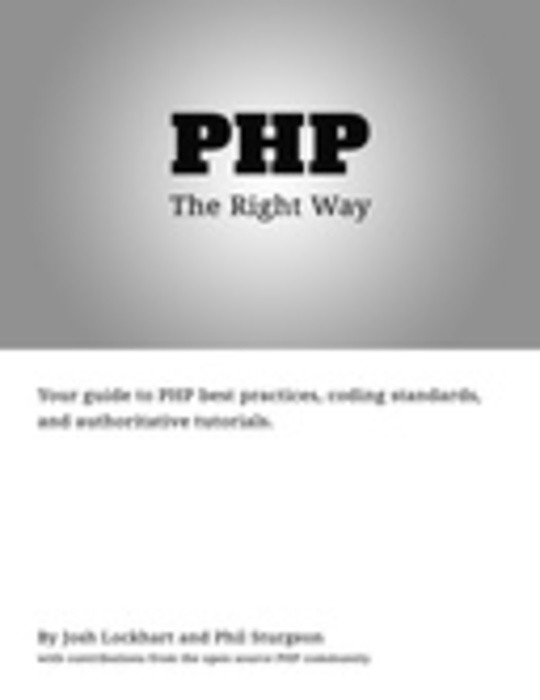
HTML 5 Shoot ’em Up in an Afternoon
Free
Description
Contents
Reviews
Language
English
ISBN
Unknown
Table of Contents
Preface
License
Introduction
Who is this book for?
Morning: Preparing for the Afternoon
Introduce them to Shoot `em Ups
Technical Requirements: JavaScript and Math
Development Environment Setup
Other Suggested Prior Reading
Video Walkthrough
Afternoon 0: Overview of the Starting Code
Afternoon 1: Sprites, the Game Loop, and Basic Physics
Sprite Basics
The Game Loop
Apply Physics
Afternoon 2: Player Actions
Keyboard Movement
Mouse/Touch Movement
Firing Bullets
Afternoon 3: Object Groups
Convert Bullets to Sprite Group
Enemy Sprite Group
Player Death
Convert Explosions to Sprite Group
Intermission: Refactoring
Refactoring Functions
Reducing Hard-coded Values
Afternoon 4: Health, Score, and Win/Lose Conditions
Enemy Health
Player Score
Player Lives
Win/Lose Conditions, Go back to Menu
Afternoon 5: Expanding the Game
Harder Enemy
Power-up
Boss Battle
Sound Effects
Afternoon 6: Wrapping Up
Restore original game flow
Sharing your game
Evening: What Next?
Challenges
What we didn't cover
Appendix A: Environment Setup Tutorials
Basic Setup
Advanced Setup
Cloud IDE Setup
Appendix B: Expected Code Per Chapter
The book hasn't received reviews yet.











